
September 1st and 2nd
September 1st
The obligatory backpacks bought,
The sectioned notebooks and the cornucopia of Sharpies,
Heralding the dull march back to classrooms, schedules.
In its forlorn wake a trail of
Unhurried pancake breakfasts
And lying perfectly still on a sun-scorched dock,
Until perhaps trailing a finger,
But only one.
September 2nd
Boats pulled out for the season
Children rushing to school
And like a switch was flipped overnight
The water in the bay now darker
Deeper
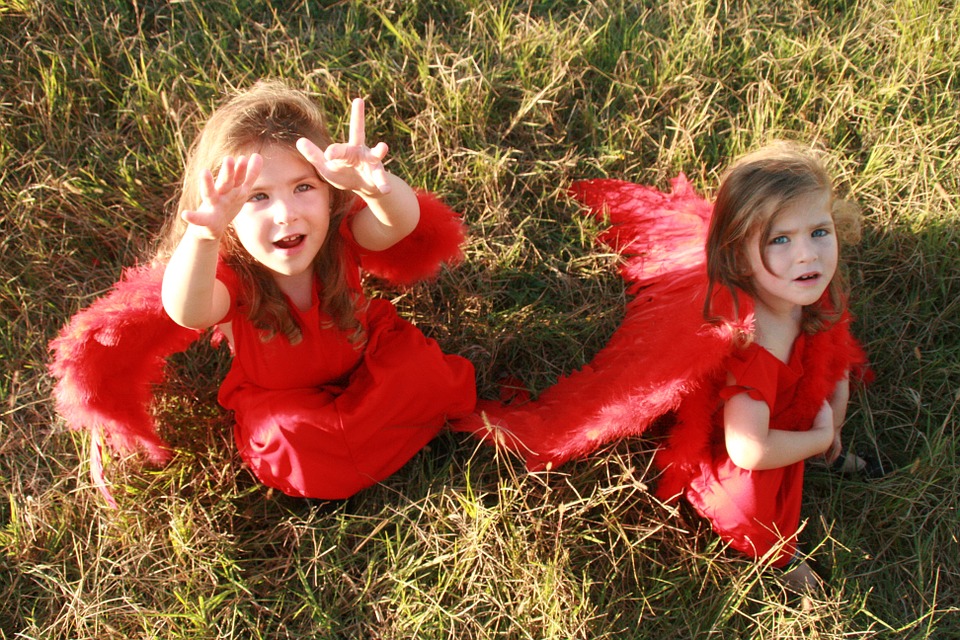
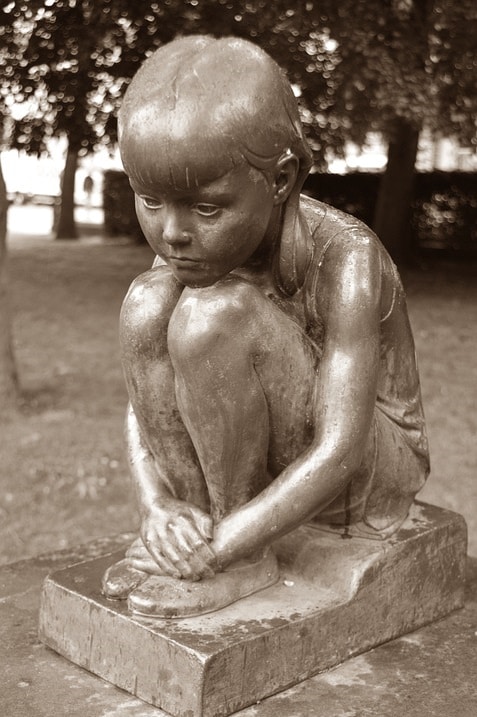

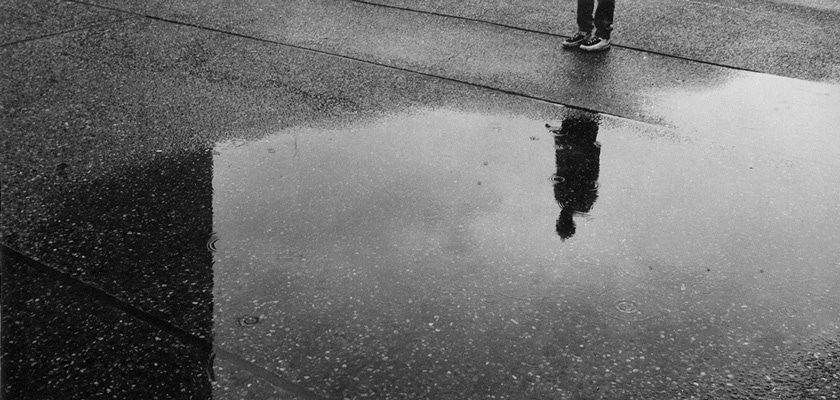
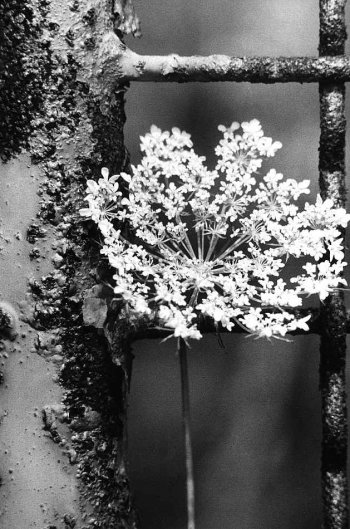
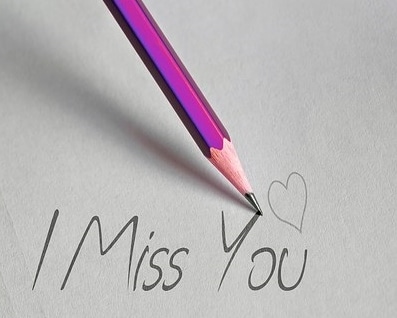
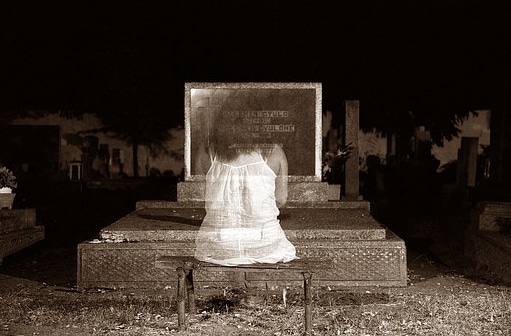
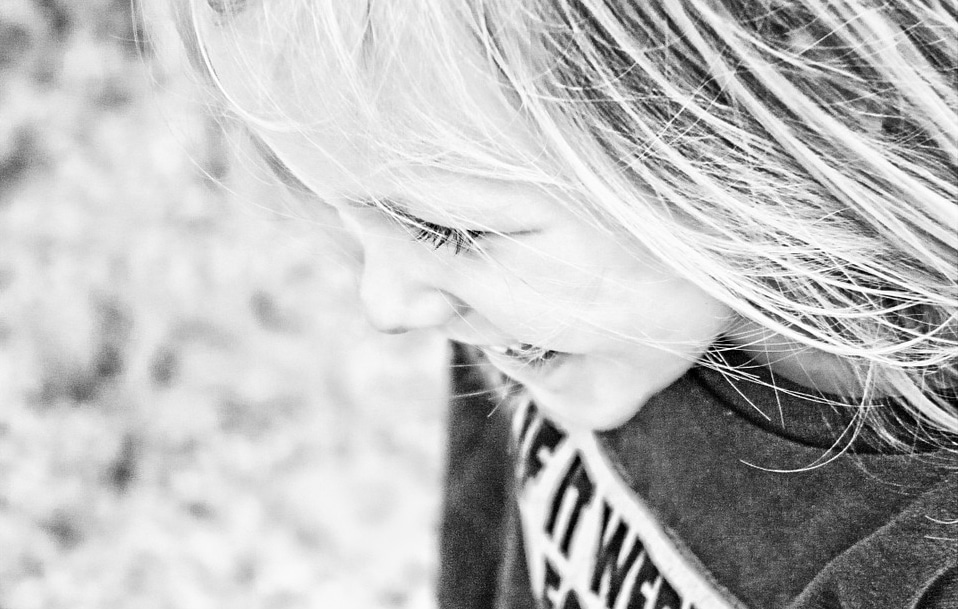
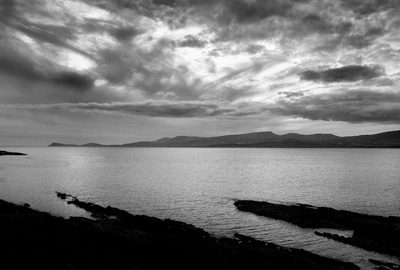


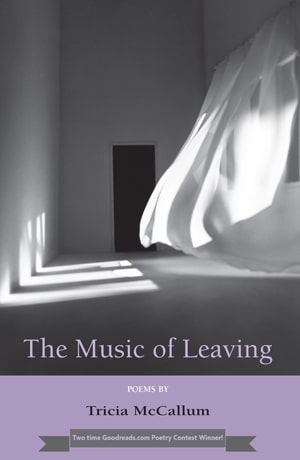



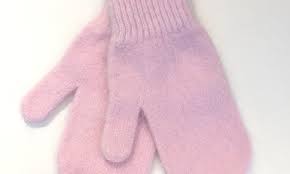
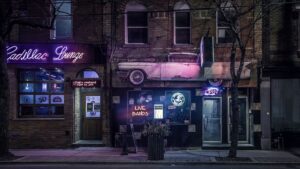
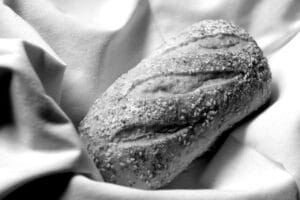
Thanks for sharing